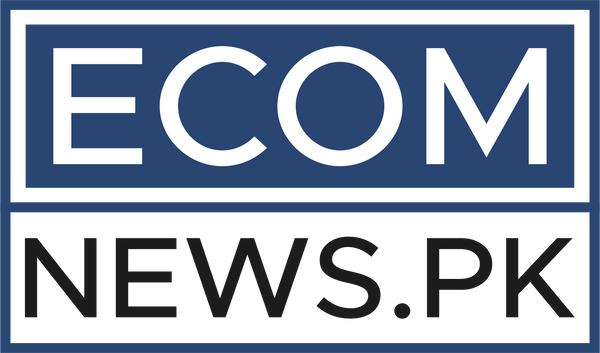
PBF Advocates Tax Reforms and Sectoral Support in Budget 2025-26
The Pakistan Business Forum (PBF) has presented its budget recommendations for the fiscal year 2025-26, emphasizing tax reforms, sectoral incentives, and measures to rejuvenate Pakistan's economy. These proposals aim to expand the tax base, rationalize tax rates, promote industrial and agricultural growth, and enhance competitiveness.
The PBF President, Khawaja Mahboob ur Rehman, highlighted key suggestions, including creating a level playing field for domestic manufacturing, supporting SMEs, and reducing business operation costs. Their proposals advocate lowering advance tax slabs for filers, removing sales tax on domestic cotton, and introducing fixed taxes for traders. Additionally, funds were recommended for the development of Southern Baluchistan.
Significant tax relief measures include a seven-year tax exemption for mining companies and lease entities engaged in the Green Pakistan Initiative under SIFC. Suggestions also include reducing the annual minimum tax for industries to 0.25%, providing construction sector incentives, canceling Section 7E of the Income Tax Ordinance, and lowering withholding taxes to 1% for first-time homebuyers. PBF also proposed amendments to Section 8B to bolster exports from the manufacturing sector.
Further recommendations encompass setting corporate income tax at 25%, revisiting the super tax, and simplifying income and sales tax audits to be conducted every four years. PBF suggests imposing fixed monthly taxes of Rs. 20,000 for large traders and Rs. 10,000 for small traders, broadening the tax base. It also advocates aligning corporate tax rates with neighboring countries and revoking tax exemptions for industries in FATA and PATA.
The Forum stressed the need for predictable and supportive tax policies that encourage wealth creation while reducing disparities in taxation relative to industry contributions to GDP. Measures such as incentivizing provinces to combat smuggling and encouraging sensible import substitution were emphasized.
Acknowledging challenges like high energy costs, currency devaluation, manufacturing closures, and unemployment, PBF views the economic environment as an opportunity for structural reforms. These include increasing the tax base, targeted subsidies for those in need, and reducing government expenditures.
PBF’s proposals aim to safeguard jobs in manufacturing and formal services, driving sustained recovery through robust domestic manufacturing, agriculture, and export growth.






